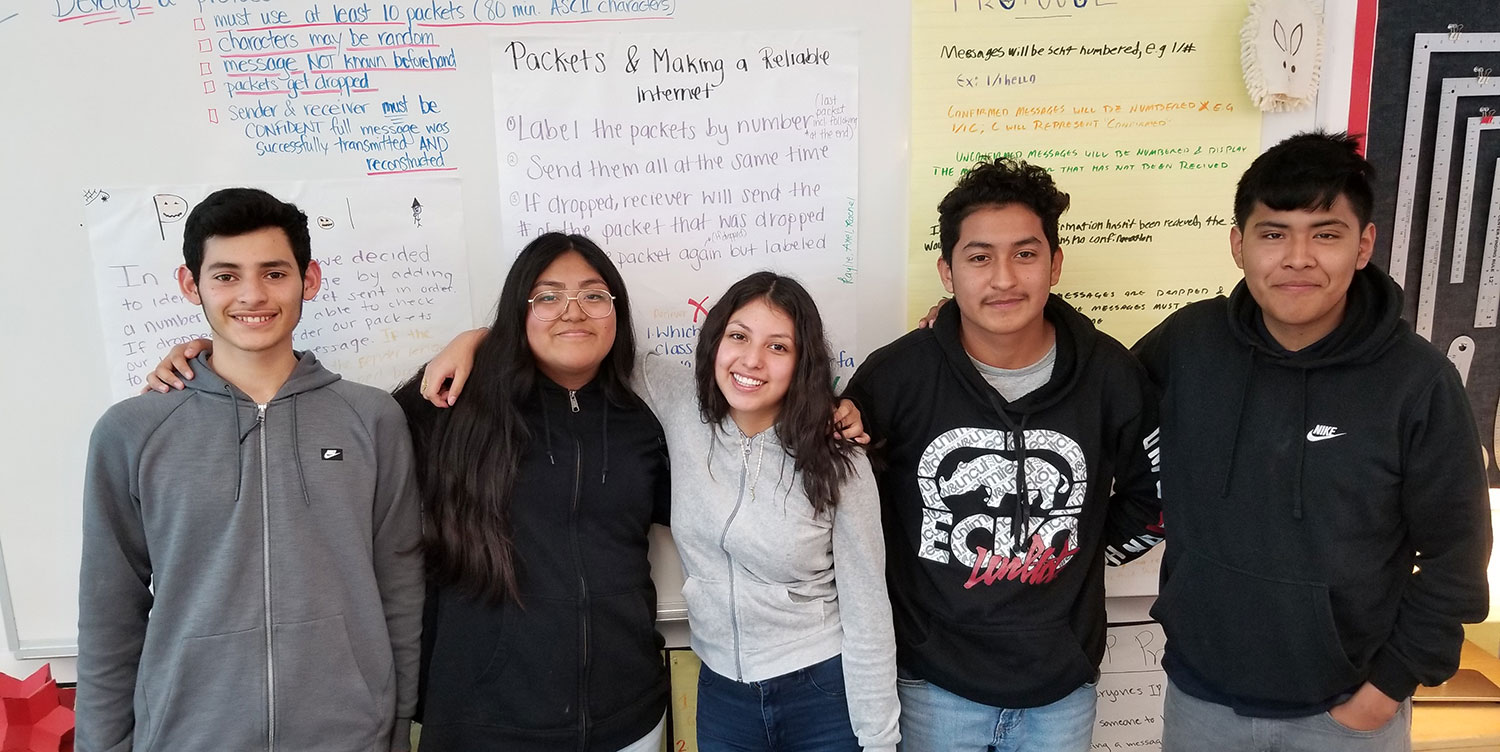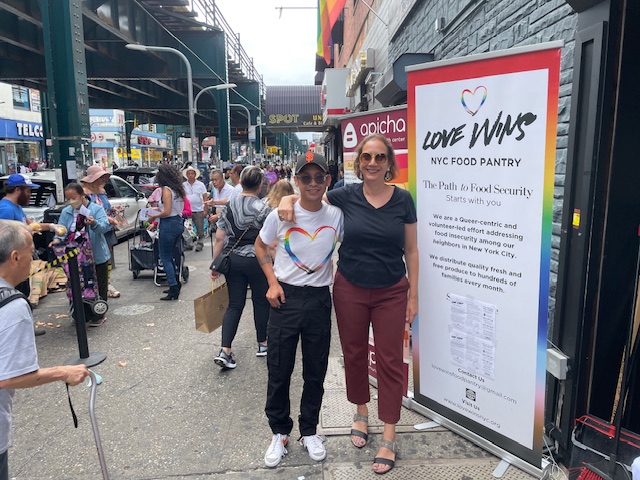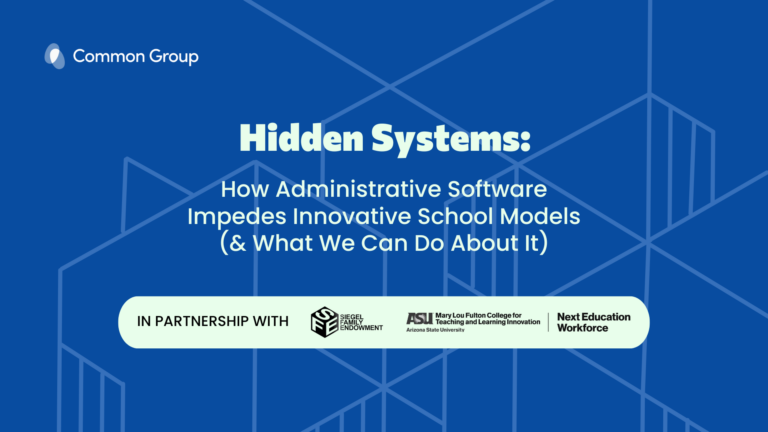
How the UCLA Computer Science Equity Project is advocating for equity in CS and active civic participation
Housed at Center X in UCLA’s School of Education and Information Studies, the Computer Science Equity Project consists of several major research and policy projects focused on equity in CS K-12 education. Taken together, these projects aim to challenge traditional CS education, which has historically produced and reproduced inequality, leading to underrepresentation of students of color, low-income students, and women in the field of computer science. In response, the CS Equity Project produces scholarship, forges partnerships, and creates resources and learning opportunities that shift pedagogy, broaden participation, and increase accessibility of computer science education.
During this Computer Science Education Week, we chatted with four leaders at Center X’s Computer Science Equity Project to understand why equity is an important lens in developing computer science education opportunities; how and why the CS Equity Project is uniting research and practice; and what communities can do to advance the cause. Jean J. Ryoo, Julie Flapan, Roxana Hadad, and Paula Nazario share their thoughts in this interview.
The tagline of the Computer Science Equity Project is “democratizing K-12 computer science education.” What does that mean to you? And why is that so important?
Democratizing K-12 computer science education means that we ensure all youth have access to meaningful learning experiences with computing that not only prepare them with the content knowledge and skills necessary to design and create with tech (regardless of their career pathways), but also the critical thinking abilities to both question and understand human relationships with computer science for community well-being and active civic participation.
More specifically, we believe that all people must learn computer science so that they can understand and benefit from the positive possibilities of technology—for example, the development of COVID vaccines, improving quality of life for people with disabilities, etc. We also believe that it’s important to question and challenge the negative impacts of computer science creations—for example, racist and sexist artificial intelligence tools, or computing algorithms used in healthcare and education that deny Black and Brown communities equal access to medical assistance or university opportunities based on racist code. We want all people to be critical consumers and thoughtful creators with computer science because technology touches all aspects of our daily lives—from how we buy things, vote, learn, communicate—as well as all industries and fields.
If your work is successful, what outcomes do you hope to see for students, families, schools, communities, and other stakeholders?
If our work supporting equitable and justice-centered computing education that democratizes access to K-12 computer science learning is successful, we should hopefully see outcomes along two different axes: 1) greater diversity of students (by race, gender, socioeconomic class, immigration status, disability status, sexual identity) choosing to learn computer science and not only pursue computing careers, but also use their computing skills in other fields for positive innovation and creativity; and 2) more people questioning unethical, racist, sexist, ableist, and heterosexist practices in computing education and work spaces as well as more people creating tools that foster meaningful engagement with Brown and Black communities, women, and low-income communities.
To accomplish this, we would see more students learning computer science in ways that they see relevant to their personal interests and community needs. For example, we hope to engage families to better understand what computer science is and have the language, know-how, and agency to support their youth and advocate for equitable computer science education for children in public schools. As a result, schools would prioritize partnerships with youth, educators, families, and community organizations to ensure that computer science education is culturally responsive and highlights the ethical and social responsibility of computer scientists creating with technology. Communities would be better informed about what technology can and can’t do, what role computer scientists play in influencing our daily lives, and what rules and regulations should be voted for or against to ensure that our communities are protected from both explicit and indirect harms created by tech.
And this means that all stakeholders would be better aware of why computer science is important for all people to learn, but especially a computer science education that centers equity and conversations about the impacts of underrepresentation in computing on technology that is created and how it is used in our world.
As we celebrate CS Ed Week, what do you wish that more people understood about computer science education?
Computer science education is often thought of as students sitting in front of a computer, learning how to code. While there is no denying coding is part of computer science education, it is not the entirety of it. Computer science includes an understanding of computer architecture, human-computer interaction, artificial intelligence, and the impact of computer science on society.
Computational thinking is at the heart of computer science and requires students to understand what computers can do, how to formulate a problem so a computer can solve it, and designing algorithms to create that solution.
This broader understanding of what computer science and computational thinking are can help us better design computer science education in a way that incorporates the assets and identities of students from populations that have been systemically and historically excluded from the field of computer science. A broader understanding can also help us produce technology that better serves the needs of our diverse communities and considers the ethical implications of the technology we design.
Computing is now woven into the structures of how we communicate, learn, bank, shop, travel, and even vote. It is imperative that all students have a basic understanding of computing and its impact, and have agency in how the computing that impacts their lives is developed.
Center X is housed within an institution of higher education, but it also has its foot in public schools, works directly with teachers and families, and forms partnerships in the community more generally. Can you tell us more about your overall approach?
UCLA Center X is an equity-focused K-12 educator preparation, development, and support community whose mission is to transform public schools to create a more just, equitable and humane society. The Computer Science Equity Project joins a constellation of 14 equity-focused educator preparation and professional development projects/programs each focused on a distinct discipline.
We believe public education equity is an enduring feature of our democracy and that it occurs within and across multiple communities—teachers, students, parents, community members, elected officials, researchers and others engaged in democratic life. Our involvement with Center X supports us in our effort to transform public schooling in general, and in computer science education more specifically, at the intersection of research and practice, fueled by passionate resolve and persistent effort.
Our Computer Science for California (CSforCA) multi-stakeholder coalition is a prime example of how we connect research and classroom practice to inform policy. CSforCA is a coalition of educators, industry leaders, nonprofit organizations, and higher education institutions advocating for high quality computer science teaching and learning opportunities in K-12 public schools so that every California student has access to—and engagement in—high quality computer science education that prepares them for college, careers and community engagement.
Our five working groups: 1) K12 Teaching and Learning, 2) Higher Education, 3) Policy, 4) Research and Communications, and 5) Coalition Building, all help inform policy through our research and experiences, and together as a coalition, we grapple with tough questions around equity and work to ensure that CS education policies support local implementation with the necessary resources and support to serve our diverse students and teachers across the state.
The work that you’re doing elevates the voices of families—especially those from systematically excluded groups—in the design and advocacy around computer science and computational thinking education. Why is your project focused on families, in particular?
Our project is focused on families because we want to elevate the voices of parents/caregivers to increase the demand of high-quality CS education programs in children’s local schools and communities. High-quality CS opportunities are abundant in schools that serve upper-income students. In contrast, schools serving predominantly low-income students of color usually only teach rudimentary keyboarding skills or word processing programs without culturally responsive experiences with the algorithmic thinking and problem solving of computer science.
This is why understanding what CS is and who has access to it are essential conversations, especially for under-resourced communities. Through the voices of parents/caregivers, especially Black, Latinx, Native American, rural, and low-income communities, we want to understand what parents/caregivers want their schools to do in regards to CS and increase the demand at the local level for high-quality computer science access toward improved success for college, careers, and civic participation.
This work fits into the larger ecosystem of advocacy around CS education by giving parents and caregivers the opportunity to advocate and voice their concerns regarding CS education access and holding elected officials accountable for local and statewide changes to ensure that communities of color have access to CS courses.
We’ve recently seen a lot of mobilization of parents and caregivers who are seeking to restrict and/or control what is taught in schools. What types of resources and tools do you hope to develop to help communities across the country mobilize in a productive, empowering, and equity-focused way?
We plan to create a parent/caregiver advocacy toolkit alongside parents/caregivers to fit their personal needs when they are trying to mobilize for high quality CS education programs in schools.
More specifically, the toolkit would help parents/caregivers with communicating to other parents/caregivers about what computer science is and isn’t, why it is valuable for youth to learn, what issues of equity need to be centered in computer science education to support a meaningful learning experience for youth, how they can build lines of communication with educators and administrators in schools and local education agencies, and how they can ensure their voices are heard by collaborating with youth, school staff, and community organizations.
We hope that this toolkit will be empowering for parents/caregivers, while supporting communication and collaboration between important stakeholders, rather than tension or strife. We also want to make sure that this toolkit can be adjusted to local contexts and shifting needs, recognizing that the educational landscape is one that is ever-changing. As such, we believe it is important for this toolkit to be authored with and for parents/caregivers to forefront what they know is at the center of parent/caregiver concerns and needs.
For more information on the Computer Science Equity Project at UCLA Center X, visit the project’s website.
Jean J. Ryoo, PhD is Director of Research of the Computer Science Equity Project at UCLA Center X.
Julie Flapan, EdD is Director of the Computer Science Equity Project at UCLA Center X.
Roxana Hadad, PhD is Associate Director of the Computer Science Equity Project at UCLA Center X.
Paula Nazario is Assistant Director of the Computer Science Equity Project at UCLA Center X.





